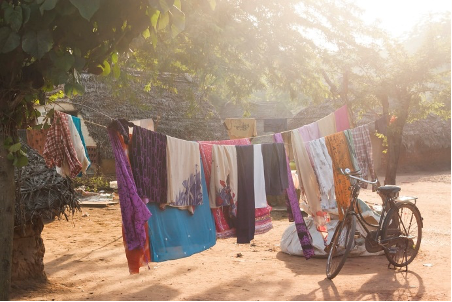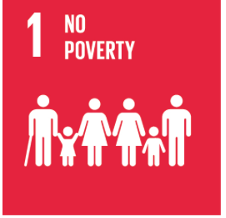ECOSOC at 80: Renewing Multilateralism in an Age of Global Uncertainty
On 23 January, the United Nations Economic and Social Council (ECOSOC) convened a commemorative session…
Since 1997 the United Nations has been celebrating the International Day for the Eradication of Poverty. The theme for 2020 is “Acting together to achieve social and environmental justice for all.” However, the day can be traced back to 1987 Paris, when over one hundred thousand people gathered to honor victims of extreme poverty, violence and hunger. While in the location that the Universal Declaration of Human Rights was signed, these individuals made a cry that poverty was a violation of human rights and these rights needed to be respected.

What is poverty?
Poverty reaches much further than economics. It is defined as the lack of individuals to live in a state of basic dignity. According to the United Nations, “Persons living in poverty experience many interrelated and mutually reinforcing deprivations that prevent them from realizing their rights and perpetuate their poverty, including:
• Dangerous work conditions
• Unsafe housing
• Lack of nutritious food
• Unequal access to justice
• Lack of political power
• Limited access to health care
Who is affected by poverty?
In 2015 it was estimated that 736 million people were living below the poverty line. That represents over 9% of the human population. Poverty lines vary in each country, but it generally is determined as the minimum amount of income a person would need to live in any given country. It is often calculated by finding the total cost of necessary resources a single adult human would consume in one year.
When looking at those who are directly affected by poverty, there is a larger number of individuals in small and conflicting countries who are living under the poverty line. Particularly, areas of Southern Asia and sub-Saharan Africa see high rates of poverty.
What can we do?

In 2015, as the United Nations developed the Sustainable Development Goals (SDGs), it became evident that poverty was a growing concern around the globe. As the crisis continued to grow, the United Nations named the first Sustainable Development Goal, SDG1, “end poverty in all its forms everywhere.” Other SDGs also target poverty, but Goal 1 seeks to eradicate “extreme poverty for all people everywhere, currently measured as people living on less than $1.25 a day.”
As we enter the final ten years of Agenda 2030, known as the Decade of Action, we hope to see a jump in the steps that are being taken to achieve SDG1 and all its targets. In seeking to do this the UN kicked off the Be the Change initiative. This gives people everywhere an opportunity to discuss the steps they are taking and other opportunities to further the SDGs. As we come to the end of a truly challenging year and the first year of the Decade of Action we hope everyone will take steps towards ending poverty for all affected.